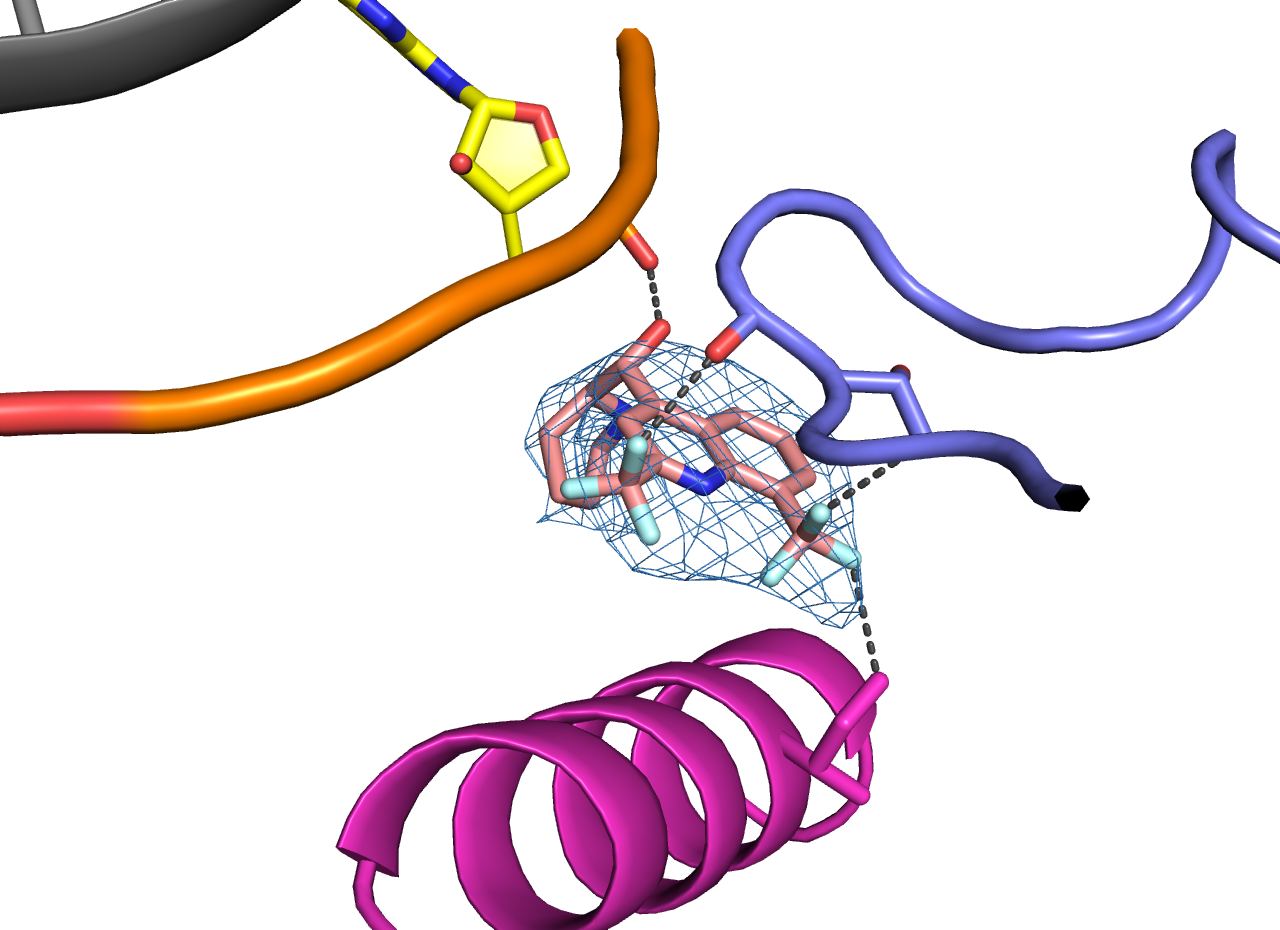Highlighted papers April 2025
How an antimalarial drug could help fix genetic diseases

The antimalarial drug mefloquine could help treat genetic diseases such as cystic fibrosis, Duchenne muscular dystrophy, as well as some cancers. In these diseases, a mutation in the genetic code introduces a stop signal in completely the wrong place, leading to the production of a shortened protein. An international team of researchers, including scientists of the University of Groningen, has now demonstrated how the antimalarial drug mefloquine can enhance the effect of aminoglycosides, another class of drugs, to override the incorrect stop signal.
Side effects
Aminoglycosides can override the stop signal on their own, but this requires a very high dose, causing many side effects. As mefloquine boosts the efficiency of aminoglycosides, the combination allows for a lower, less harmful dose of aminoglycosides. Although the positive effects of mefloquine on aminoglycosides were already known, the current study revealed the way mefloquine binds to the ribosomes, the cell organelle where proteins are produced. The exact binding site on the ribosomes was previously unknown, and the study revealed a novel mechanism through which future drugs could potentially override the erroneous stop signal.
Something completely unexpected
The next step is to study the newly discovered mechanism in cells and animal models. Eventually, the mechanism could spark the development of new drugs tackling the faulty stop signals. Lead author Albert Guskov, associate professor and Head of the University of Groningen Biomolecular X-ray Crystallography Lab: ‘It was exciting to discover something completely unexpected, a new mechanism that explains how drugs can help override a faulty stop signal. A very thrilling and motivating discovery.’
Reference: Olga Kolosova et al. Mechanism of read-through enhancement by aminoglycosides and mefloquine. Proceedings of the National Academy of Sciences, 25 April 2025
